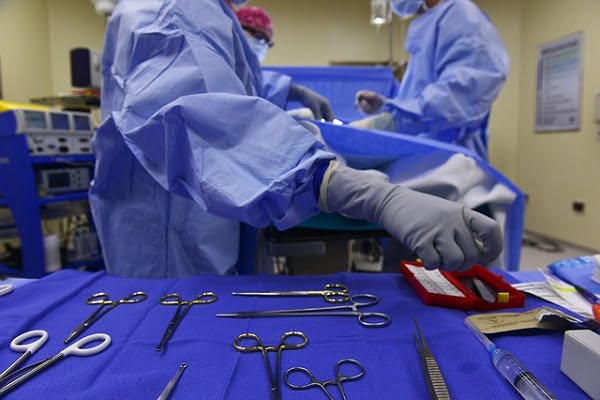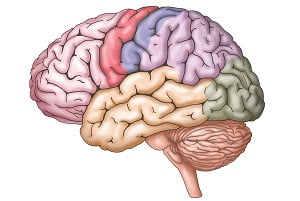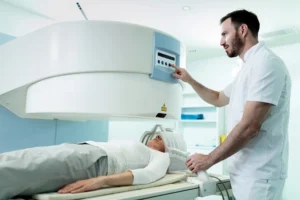Brain Tumor Surgery
- Updated on: Jul 23, 2024
- 3 min Read
By
- Published on Dec 17, 2018


Brain cancer surgery (Brain tumor surgery)
Brain tumor surgery is the most effective treatment for brain tumors that can be removed without causing rigorous damage. Benign tumor surgery is usually performed to treat non-cancerous tumors. The malignant tumors usually require additional treatment in addition to the surgery, such as radiation therapy or chemotherapy.
The goals for brain cancer surgery are multiple and may include one or more of the following:
- Confirm diagnosis by obtaining tissue that is examined using a microscope.
- Removal of a part or complete tumor or as much as possible.
- Reduce symptoms and improve quality of life by relieving pressure within the skull induced by the cancer.
- Provide easy access for implantation of internal radiation or chemotherapy.
- Provide access to delivering intra-surgical treatments, including brain tumor laser surgery.
Brain surgery procedures for treating brain cancer
Depending on the type and grade of the brain cancer, the following are some brain surgery types which are usually performed by cancer surgeons:
Craniotomy or meningioma surgery
The most common type of surgical procedures to remove a meningioma is known as a craniotomy. In this tumor removal procedure, a surgeon uses specialized tools to remove the tumor. Initially, a piece of bone from the skull is removed to get access to the tumor. Then, all or most of the tumor is removed. After the surgery, the bone is usually replaced. In a craniotomy, the bone is usually replaced later (or may not replace at all) for a variety of reasons, such as when swelling is expected after the brain surgery.
Endonasal Endoscopy
In this surgical procedure, endoscope plays a vital role. It is used to navigate and access tumors all the way through the nose and sinuses. Using imaging techniques and special instruments attached to the endoscope, this type of brain cancer surgery is performed to allow removal of the tumors or to take samples of the cancerous tissue for biopsy.
Neuroendoscopy
Neuroendoscopy is also referred to as keyhole brain surgery. An endoscope is used to see inside the brain through a small opening in the skull. Then, tumors may be removed or samples for biopsy may be taken using special instruments attached to the endoscope.
More: Brain cancer survival rate
More: Brain cancer in children
Shunt
During this brain cancer surgery, a thin tube referred to as shunt is placed into a ventricle of the brain, through a small hole in the bony skull. The shunt helps in the removal of excess fluid from the brain to other parts of the body, for instance, the abdominal cavity, where the fluid is absorbed into the bloodstream. A filter grasps abnormal tumor cells that may be present in the cerebral spinal fluid (CSF). This resection method may help to relieve pressure in the skull.
Placement of an Ommaya Reservoir
In this brain cancer surgery procedure, a small reservoir attached to a tube is implanted under the scalp. The ommaya reservoir is an intra-ventricular catheter that leads into a ventricle of the brain where the CSF circulates. It allows access for the delivery of chemotherapy to the brain and CSF, or to remove fluid for biopsy. This reservoir can be removed when it is no required.
Brain tumor laser surgery
The aim of laser surgery is to direct laser beams at cancer and demolish it with heat. Lasers are capable of producing immense heat and power when focused at close range. Lasers destroy cancerous cells by vaporizing them. Stereotactic, or computer-aided techniques, are often used to direct laser beams.
Lasers are mainly used in the treatment of tumors that have invaded the base of the skull or are located deep within the brain.
Transphenoidal surgery or pituitary tumor surgery
Removal of the pituitary tumor via nose is called transphenoidal surgery. The pituitary gland is situated right in front of the skull, beneath the brain. This is a way of reaching the pituitary gland tumor site, without making a hole in the skull.
The surgeon may also use an endoscope for pituitary tumor surgery. The endoscope has a camera, so the surgeon can view the interior parts on a TV screen. The tube is inserted up to the nose, through to the pituitary gland, and the tumor is taken out.












